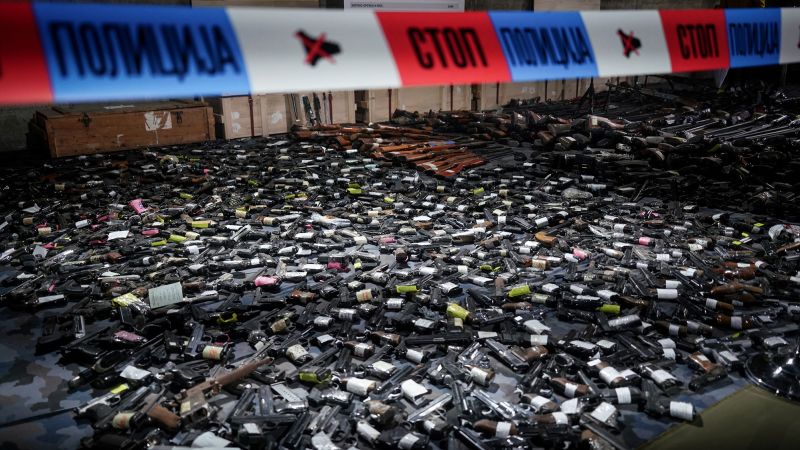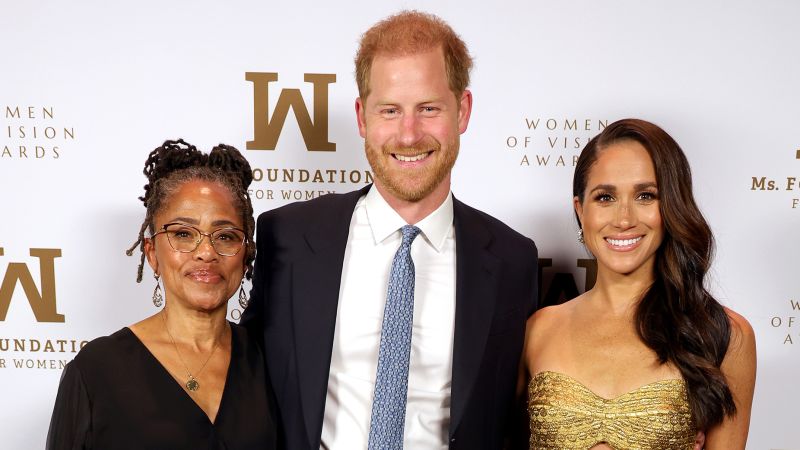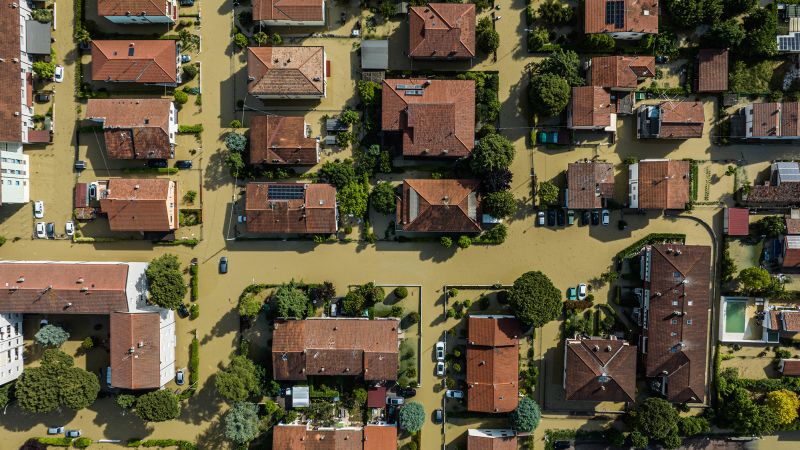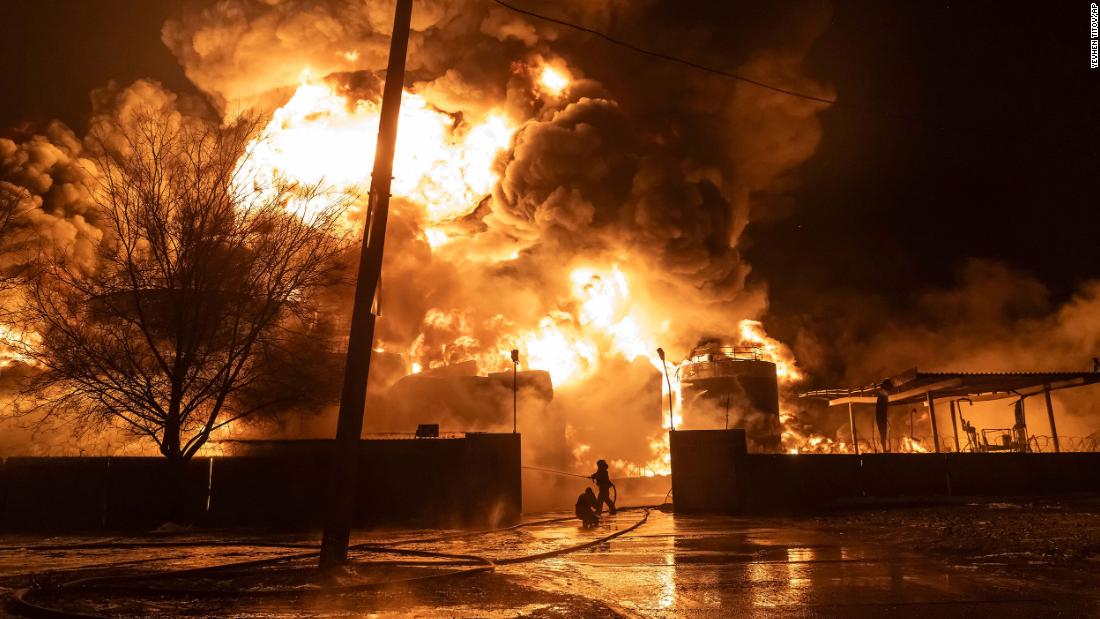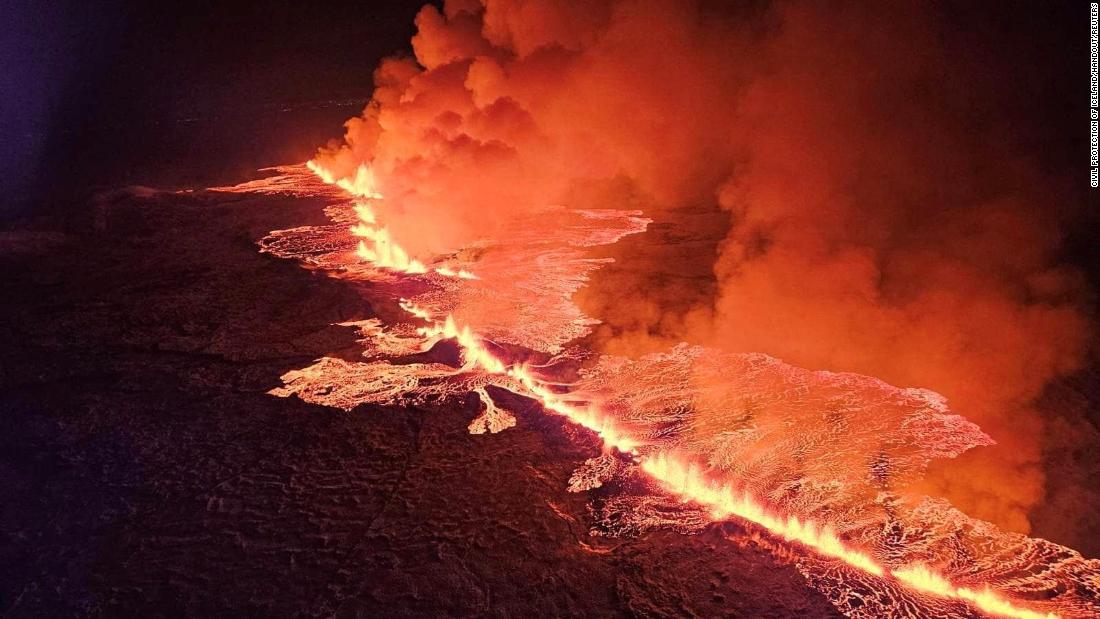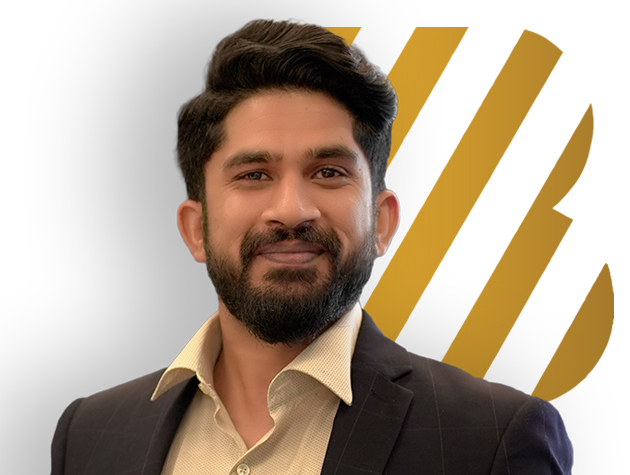“A problem in the political culture”: Serbians call for more than disarmament to end violence after mass shootings

CNN
—
Two weeks after mass shootings shook their country, Serbians have surrendered more than 15,000 weapons, more than 2,500 explosive devices, and hundreds of thousands of rounds of ammunition, as part of a month-long amnesty announced by the government.
Eighteen people were killed and 21 injured in May in two shootings in as many days. At the Vladislav Ribnikar elementary school in Belgrade, a 13-year-old boy opened fire on his classmates – allegedly using two of his father’s pistols – killing seven girls, a boy and a security guard. A 10-year-old girl injured in the attack died Monday, bringing the toll to 10.
The next day, a 21-year-old gunman wielding an automatic weapon killed eight people and injured 14 in the village of Dubona, south of the capital. Despite having one of the world’s highest rates of gun ownership in the world, mass shootings like this are extremely rare in Serbia. Many could scarcely comprehend the consecutive tragedies. “It’s never happened like this,” said Zvonimir Ivanovic, a professor at the University of Criminal Investigation and Police Studies in Belgrade.
In response to the attacks, President Aleksandr Vučić announced a raft of bold measures, aiming for no less than what he called the “almost total disarmament” of the country.
But while the announcement of an ambitious gun amnesty drew praise from abroad, at home, Vučić’s actions have been viewed as scant reassurance.
Since the shootings, what began as candlelit vigils for those killed have swelled into fully fledged protests against the government – with what are expected to be the largest yet due to take place Friday evening, not just in Belgrade but across the country.
And the anger is directed not just at guns, but at the “culture of violence” – from iron-fisted political discourse to the exaltation of criminals – over which the government has prevailed, critics say.
“The streets are calling us,” tweeted opposition leader Zdravko Ponos on Friday morning ahead of the planned protests.
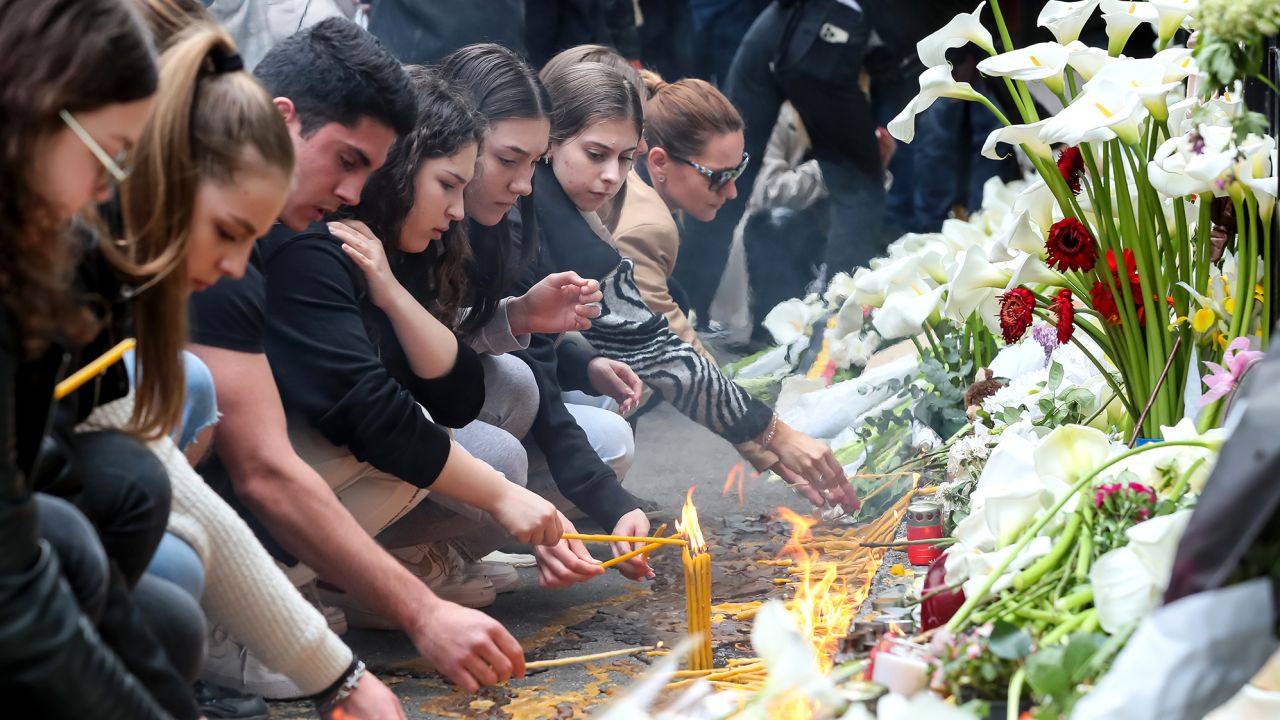
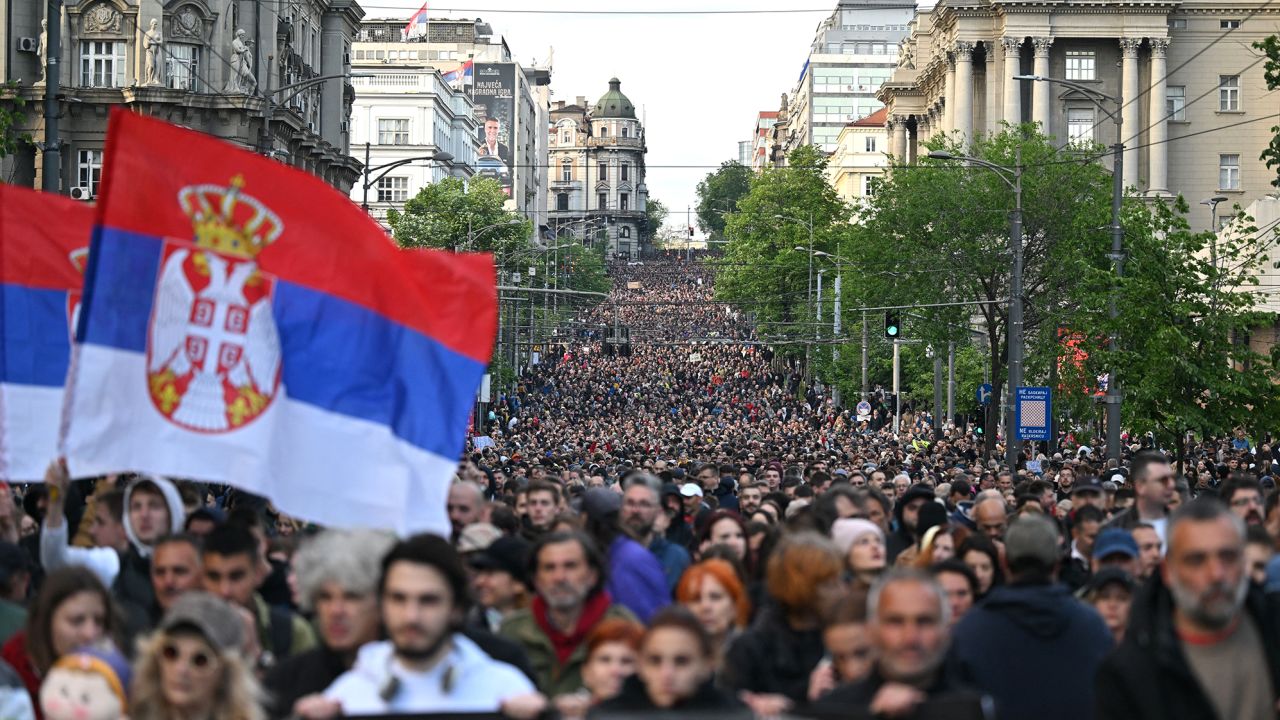
When Francis O’Donnell arrived in the Balkans in the year 2000, serving with the United Nations, “the whole region was awash with weapons,” he said.
He moved to Belgrade as the United Nations resident coordinator for Serbia, shortly after the fall of Slobodan Milosevic – the former president of Serbia and later of the Federal Republic of Yugoslavia, in whose government Vučić once served. As Yugoslavia splintered, “there was a whole influx of weaponry that was coming into the hands of various militia groups who were fighting for one cause or another,” said O’Donnell.
It is not clear exactly how many weapons are in Serbia. But according to the 2018 Small Arms Survey, the country ranks third in the world for gun ownership per capita – behind the United States and Yemen, and tied with Montenegro. The survey estimates there are 2.7 million guns in Serbia, with fewer than half of these registered with the government.
While O’Donnell said much has improved in the country since the breakup of Yugoslavia, gun ownership has proven sticky. Some of the reasons for this are benign. Due to Serbia’s strong hunting tradition, many families have “some little arsenal” of weapons, he said. Gunshots are often fired during wedding and birthday celebrations. Most people simply inherited weapons from their parents and grandparents – remnants of the sort of violence that no longer plagues the region.
Other reasons are less benign. Serbia has the highest levels of organized crime in Europe, according to the Global Organized Crime Index. While the two “gratuitous” acts of violence that shocked the country this month were without precedent, O’Donnell said, other types of violence are more banal. For these reasons, he does not think “it will be feasible to disarm the population,” despite Vučić’s determination.
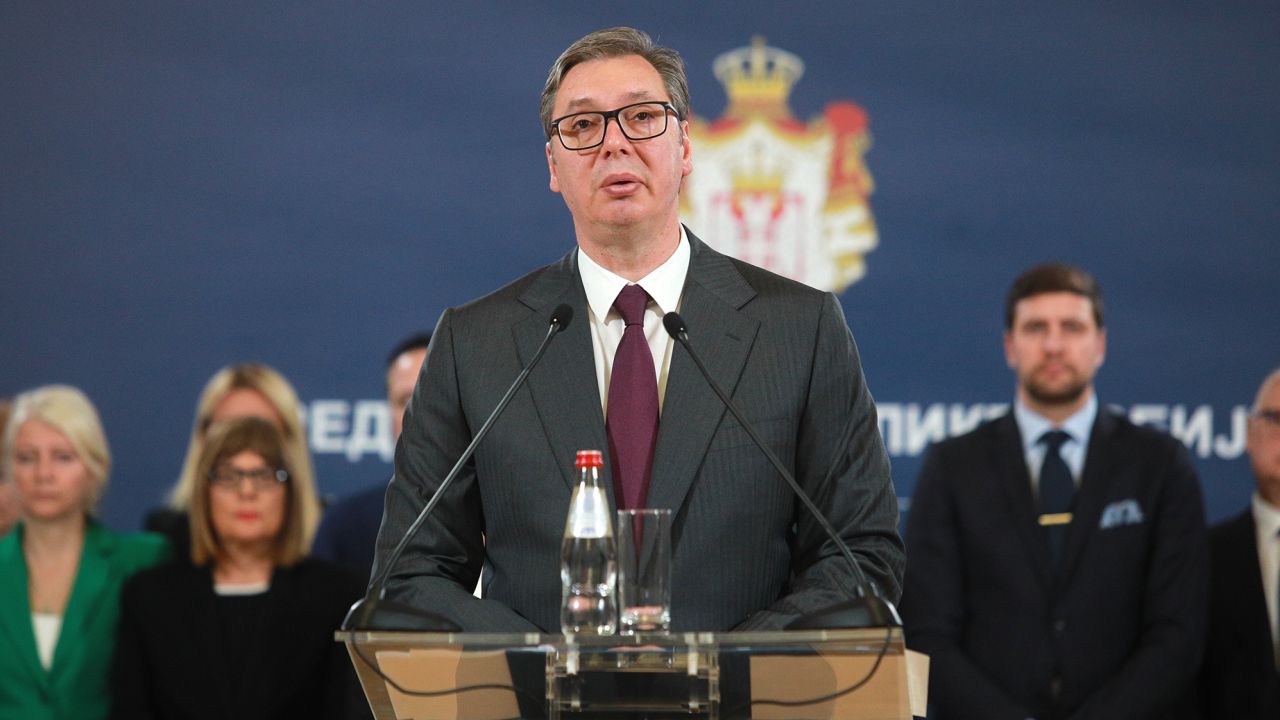
In announcing the amnesty, Vučić appeared to respond with a swiftness that made the sluggishness of other countries that have faced similar tragedies – many far more regularly than Serbia – look negligent. When the month-long amnesty ends, those found in possession of illegal weapons will face tougher penalties, including longer prison sentences. His decisiveness of action was praised by many abroad.
But while Vučić’s tone was full of urgency, it was lacking in other respects, some domestic observers said. “The president… used offensive language, an unacceptable tone, and vocabulary that was devoid of any compassion and desire to achieve catharsis after these violent events,” the Belgrade Center for Security Policy, an independent think tank, said in a statement to CNN.
“Justice will be served for the little monster and the bigger monster,” Vučić told reporters May 5, in reference to the boy accused in the first shooting and his father. He wrongly claimed the second shooter wore a T-shirt emblazoned with neo-Nazi symbols. Much of the initial debate centered on lowering the age of criminal liability to enable more severe punishments for the first shooter. In what the Belgrade Center for Security Policy described as the “most controversial measure,”, the Ministry of Interior requested that all schools make a list of children who are at “risk of committing violence” or who “display antisocial behavior.”
Meanwhile, as thousands began to gather for vigils at the elementary school, Vučić was not among them. Only one member of his government, the minister for health, attended. “We haven’t seen an expression of immediate, visible sympathy and reaching out to the people who are most affected – normal, civilized, social behavior,” said O’Donnell.
Since the shootings, tens of thousands of Serbians have taken to the streets in opposition-led “Serbia against violence” marches, demanding the resignation of several government ministers. The education minister has already stepped down. The interior minister is under intense pressure to do the same. Vučić has even pledged to hold parliamentary elections by September.
Public anger has also been directed at television shows. The most popular reality show on the state-owned Pink TV is hosted by Zvezdan Slavnic, a convicted murderer and drug trafficker – one of many felons to have a prominent role in Serbia’s media. Nearly 440,000 people have signed a petition calling for two state-owned TV stations to lose their licenses for broadcasting violent reality shows.
Against this public demand for a mellowing of the political culture, Vučić has seemed unsure how to respond. The usual language does not seem to work. “The President organizes a protest against a protest against violence,” tweeted Ponos, the opposition leader. “Man, pull yourself together!”
At a press conference Thursday, Vučić warned those readying for Friday’s protests: “You think that by occupying buildings or roads you will get something – you get nothing and never will. That’s the thing I guarantee. That’s the thing I have repeated 10 years in a row.”
Despite the president’s hard talk, the protests have already softened some of Belgrade’s tough exteriors. A mural of Ratko Mladic – the “butcher of Bosnia” convicted of orchestrating a campaign of ethnic cleansing at Srebrenica in 1995, the worst massacre to have occurred in Europe since World War II – has long stood proudly on one of the city’s walls. Activists have previously faced criminal charges for defacing it. Every time the mural is damaged, city officials quickly restore it.
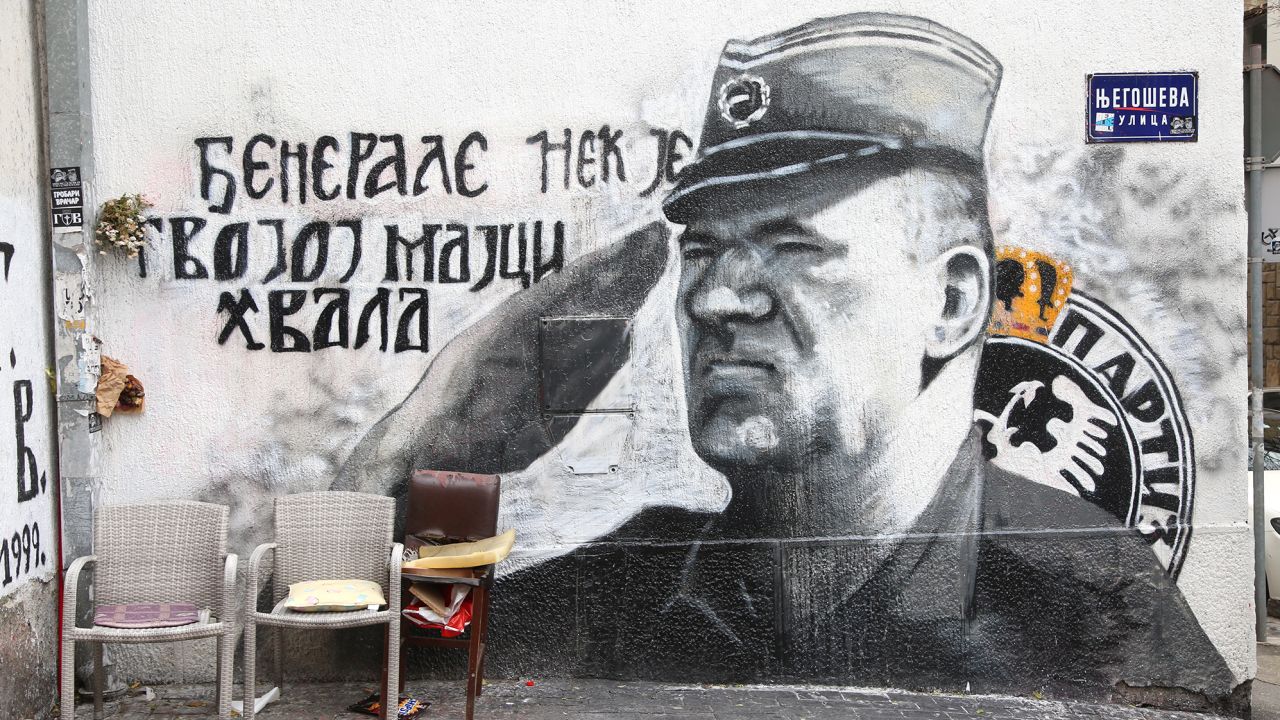
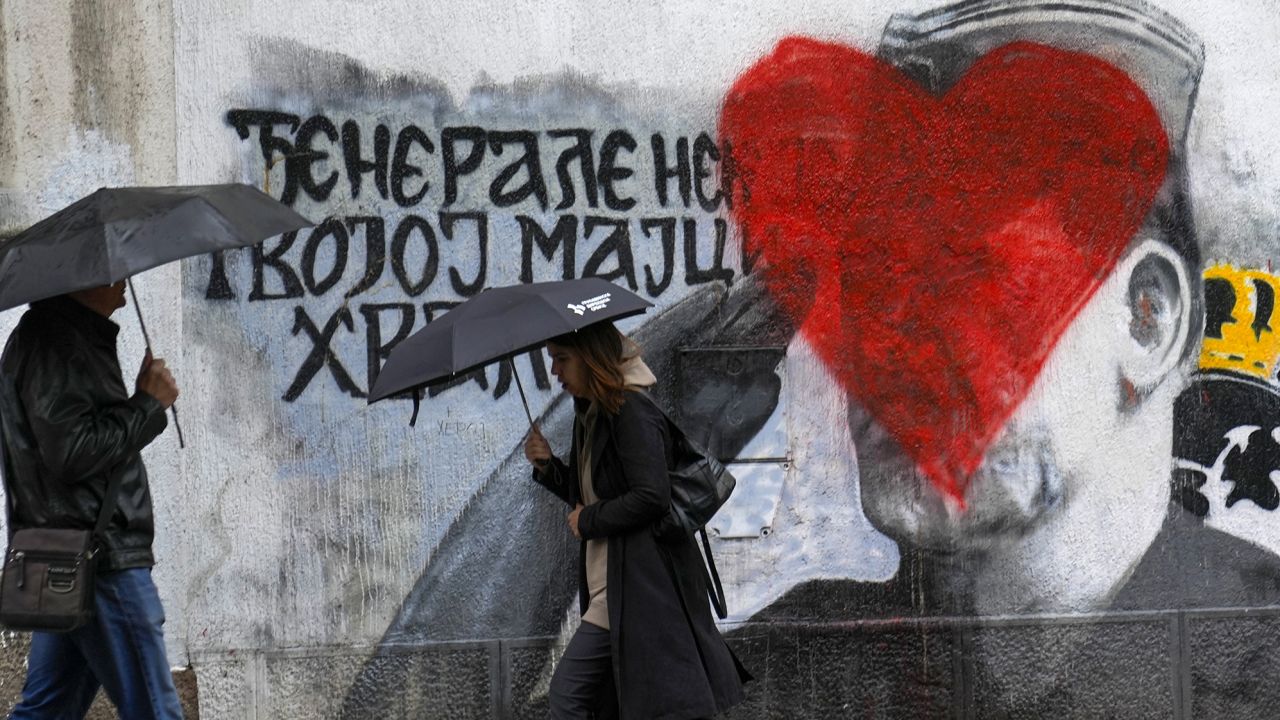
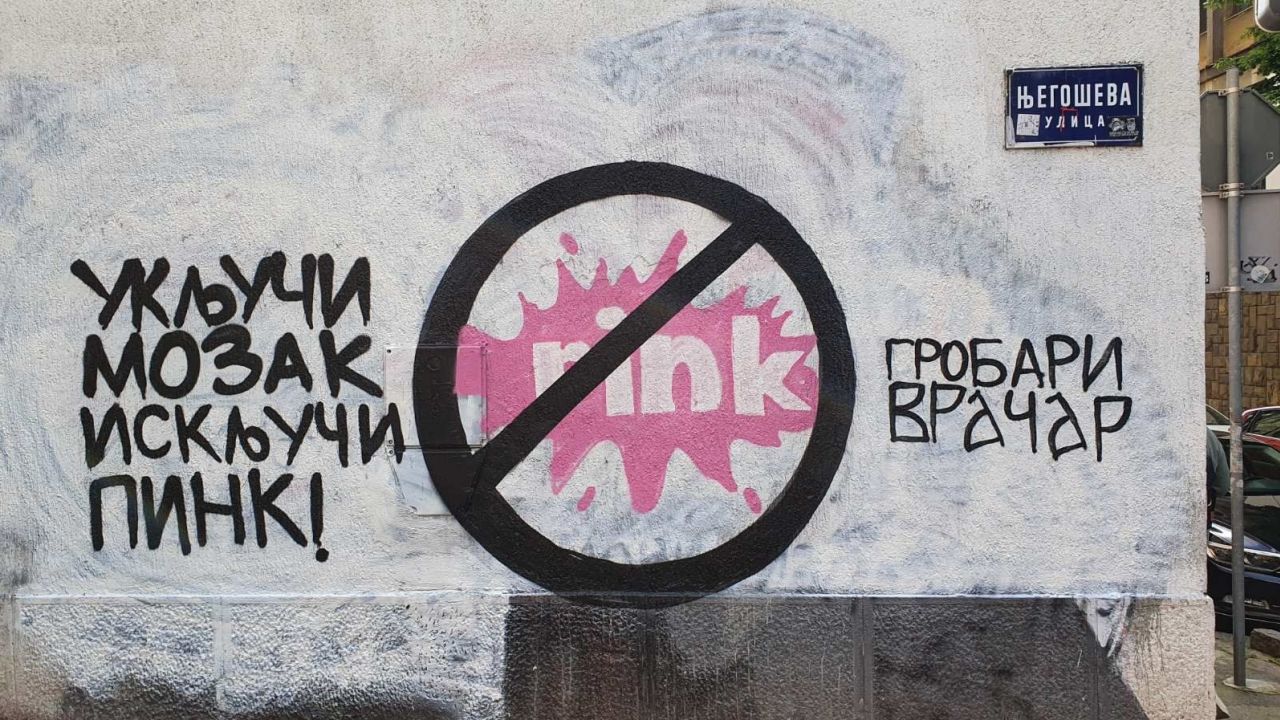
This time, so far, has been different. A large, red heart painted over Mladic’s face soon after the shootings remained in place. By Friday, the mural had been erased entirely, replaced with the message: “Turn on your brain. Turn off Pink TV.” Murals of Russian President Vladimir Putin – a close ally of Vučić’s – have also been defaced.
“This is the changing face of Belgrade,” said O’Donnell. “Murals depicting war criminals as heroes are disappearing and being replaced by symbols of love and expressions of compassion.”


